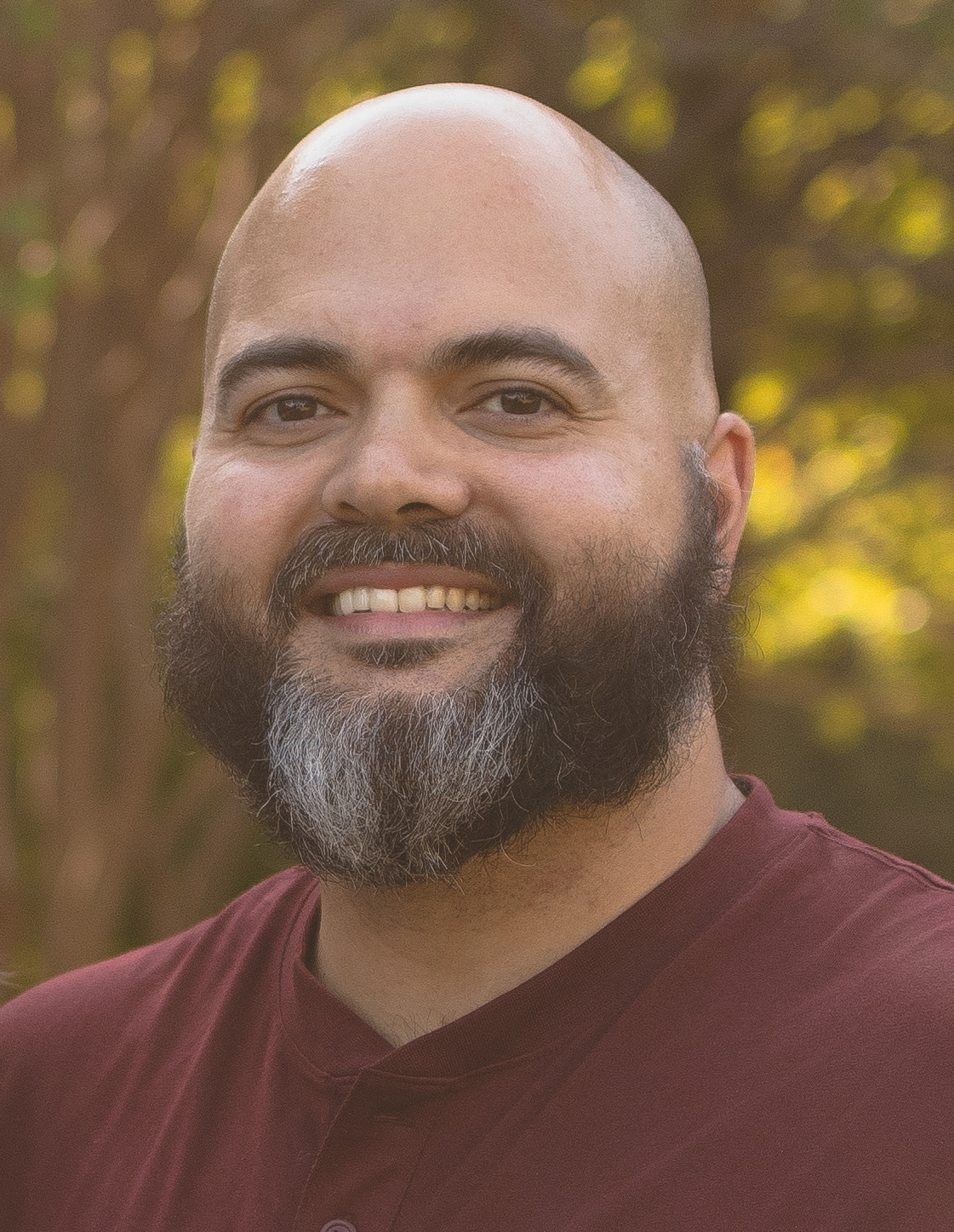Here is a great idea from Trey VanCamp in his book that just came out “The Non-Anxious Pastor“. He shares about pace, practice, and purpose and how they relate to our discipleship.
“This formula for Christlikeness isn’t a departure from the gospel but another step into the depths of grace.” -Trey VanCamp
The Pace
“It may be the case that (1) Christians are assimilating a culture of busyness, hurry and overload, which leads to (2) God becoming more marginalized in Christians’ lives, which leads to (3) a deteriorating relationship with God, which leads to (4) Christians becoming even more vulnerable to adopting secular assumptions about how to live, which leads to (5) more conformity to a culture of busyness, hurry and overload. And then the cycle begins again.” -Michael Zigarelli
The rhythms (or lack of rhythms) we choose to walk by in our lives will determine our spiritual trajectory.
“We block the Holy Spirit when we walk in a hurried spirit.” -Trey VanCamp
The Practice
Some call them practices and others call them disciplines. Whatever you call them, they are the “combination of feasting and releasing, retreating and returning, putting off and putting on.” Our spiritual life is built by our formational habits for good or bad. We are always being spiritually formed, whether into the image of our culture and worldliness, or the image of the Jesus. Our practices help us know we are going in the right direction, regardless of where someone is on their journey.
The Purpose
Some might look at the practices and actually see legalism. Oh, I have to do this? I thought we were saved by grace? Dallas Willard says, “Grace is not opposed to effort, it is opposed to earning. Earning is an attitude. Effort is an action.” So we really need to see the purpose behind everything we do. The practices are just a means to an end, not the end in itself. When we start with the why, we give our how meaning and intentionality. Of course, the purpose is Christlikeness, not moral therapeutic deism or getting a ticket to our preferred afterlife experience.
Examples
Here are some examples Trey uses in his book to show how this works:
Practice: Digital Simplicity
Purpose: Simplicity is not about removal to get approval but making space for God’s grace.
Practice: Daily Scripture Reading
Purpose: Reading the Bible doesn’t mark off tallies for God; It marks out time with God.
Practice: Weekly Sabbath Rest
Purpose: Sabbath is not about passing a test but placing your trust.
Practice: Weekly Fasting
Purpose: Fasting does not try to earn God’s grace; It trains to burn God’s grace.
Practice: Weekly Feasting
Purpose: We don’t make demonstrations out of people; We make dinner for people.
When we combine a healthy pace, intentional practices, and a visionary purpose, we will eventually come to understand Jesus words when He says, “Come to me, all who labor and are heavy laden, and I will give you rest. Take my yoke upon you, and learn from me, for I am gentle and lowly in heart, and you will find rest for your souls. For my yoke is easy, and my burden is light.” (Matthew 11:28-30)
Trey has so much more interesting topics to discuss in his book. This one was just about two pages, so the rest of the book is gold! Check it out HERE.
Matt Garcia
Matt is the creator of this website and curates resources on spiritual formation. He is a husband of Jesika and a father of 4 children. He also helps lead a house church. Follow him on Instagram to see what he's up to.


